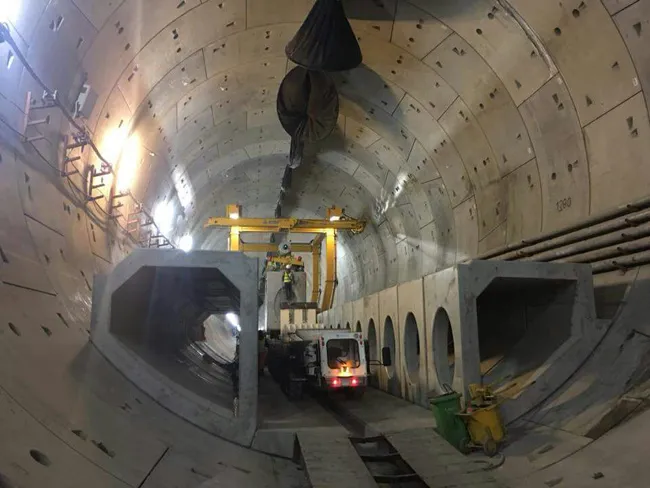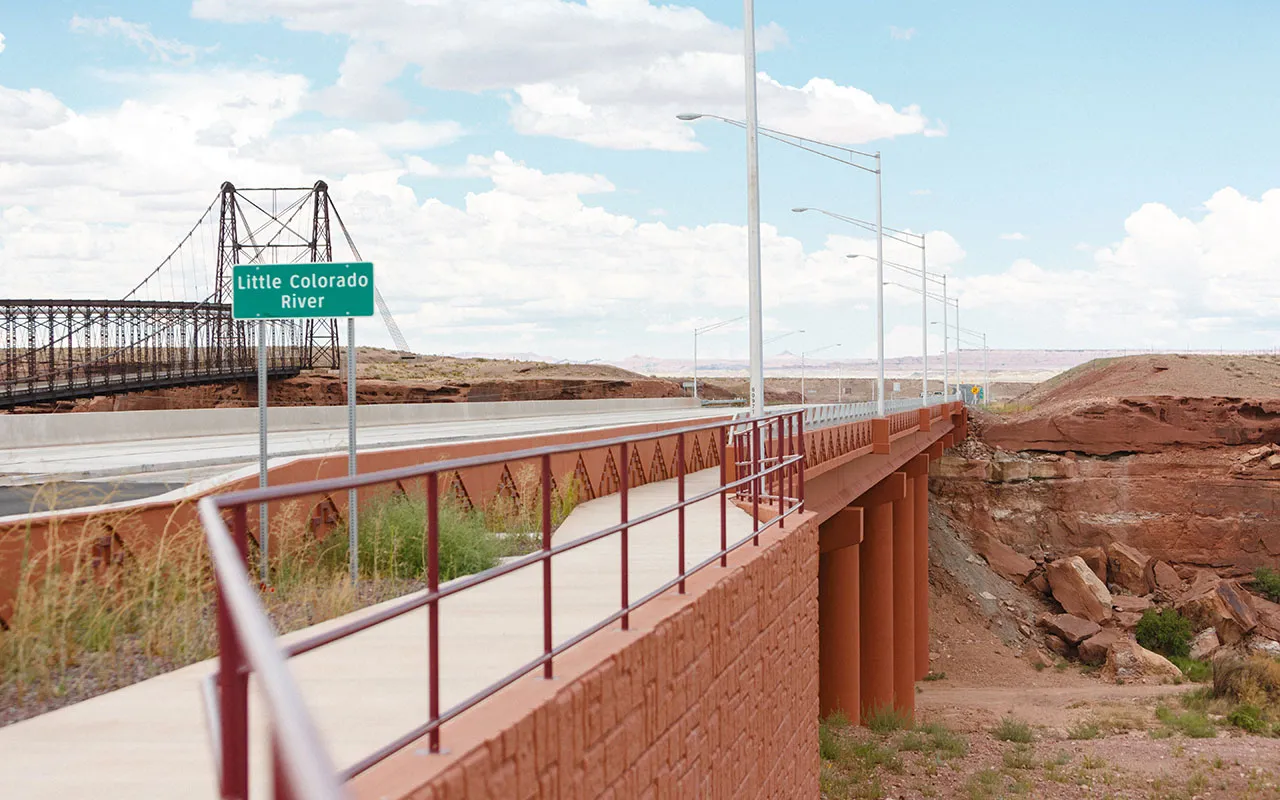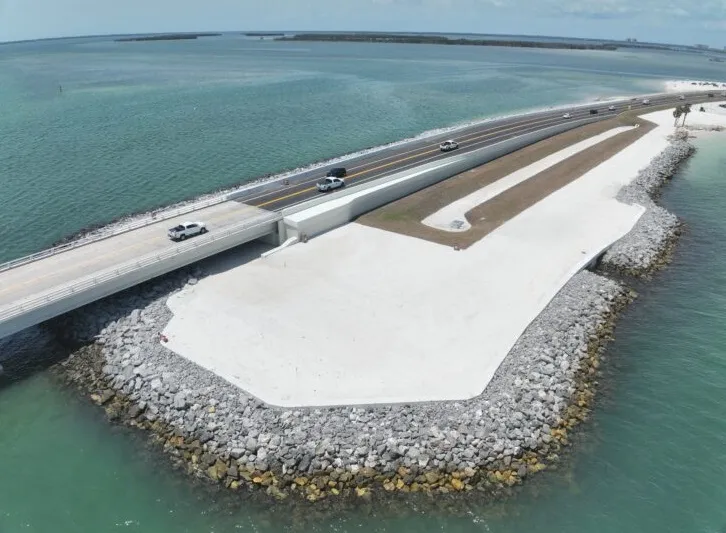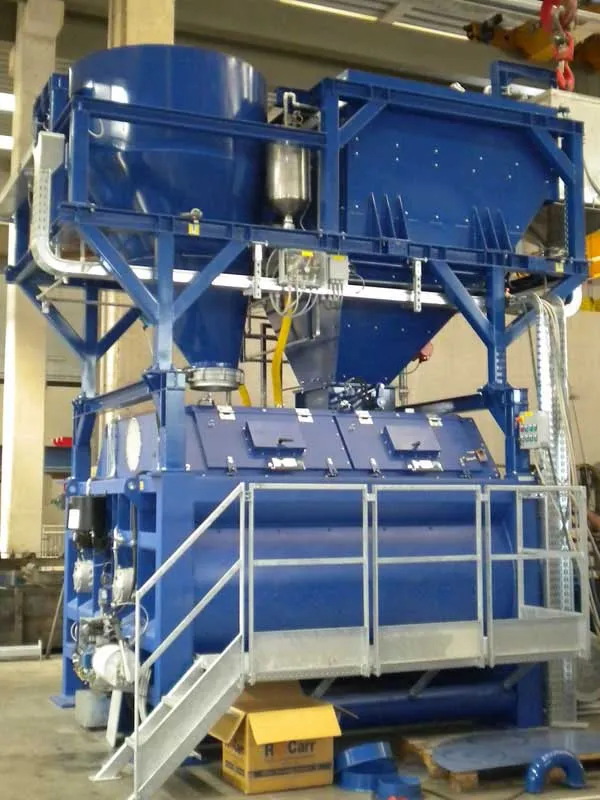
Through a joint venture with
This project forms part of the Egyptian government’s plan for the development of the Sinai Peninsula by improving accessibility. Historically, the only access to Sinai was through a single tunnel, slowing development possibilities and hindering transportation to and from Egypt’s mainland.
“As one of the main building materials suppliers, we take great pride in our participation in the development of these major infrastructure projects that will make a direct, positive impact on Egypt,” said Tarek Hammam, vice president of Ready Mix & Institutional Sales, CEMEX Egypt. “At CEMEX, our goal is to exceed our customers’ expectations by providing high-quality, resilient building materials together with a superior customer experience.”
Additionally, CEMEX is participating in the transformation of the Suez Canal area by supplying 132,000m3 of concrete and 600,000tonnes of cement for the development of the commercial East Port Said seaport, a 4.5km construction area.








